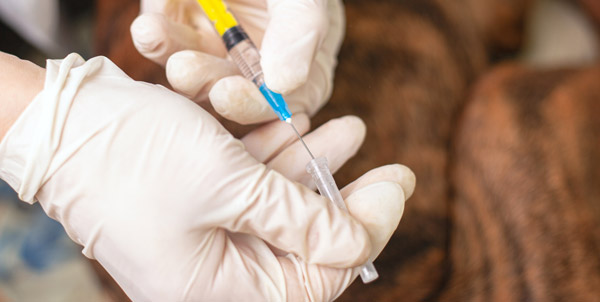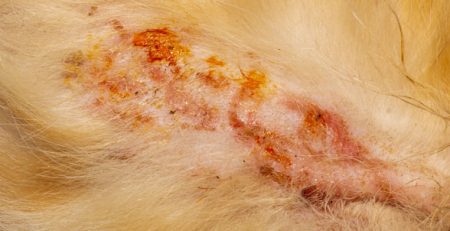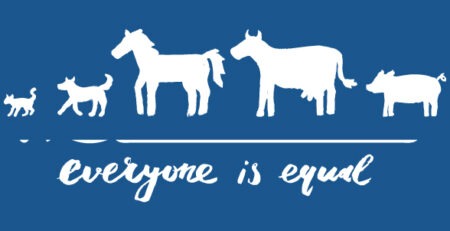Euthanasia in animals: ethical considerations on an often arbitrary act
Animal euthanasia is a complex issue that raises important ethical, legal and medical questions.
The practice, when necessary, is seen by many as an act of compassion, aimed at ending the suffering of an animal in a critical or incurable condition.
However, there are also situations where euthanasia is applied without valid justification such as in cases of disability, sparking strong debates.
Euthanasia in animals: the irreversible medical conditions
The main reason euthanasia is considered acceptable is the presence of irreversible medical conditions.
Terminal illnesses and chronic unquenchable pain represent situations in which the animal’s welfare is significantly compromised.
Veterinarians and veterinary medicine specialists often refer to specific pain scales and guidelines to determine whether an animal is living a dignified life or whether it is better to opt for euthanasia.
These decisions must be supported by thorough clinical assessments among owners and veterinarians.
Under these circumstances, euthanasia can be seen as an act aimed at preventing further suffering.
Relieving suffering
The fundamental principle guiding euthanasia in animals is the attempt to alleviate suffering.
Animals, just like humans, experience pain and discomfort.
The idea of allowing a painless and peaceful death is often seen as an act of love and responsibility.
When the overriding criterion is money
In some circumstances, the cost of treatment for complex diseases can be prohibitive.
Although this should not be the only criterion for deciding on euthanasia, it is a reality that prompts some owners to regard it as a “practical and convenient” choice.
However, it is crucial not to forget the ethical implications of such a choice.
Nowadays there are palliative practices to alleviate suffering until the animal’s life is dignified: this is true in the case of cancer patients, for example.
Pain treatment should always be considered before deciding for euthanasia.
In fact, it offers the possibility of prolonging the animal’s life with dignity and relieving owners of the belief that in some cases it is the only way forward.
Unnecessary euthanasia: a moral comparison
When euthanasia is practiced without necessity, a major moral question arises.
Unjustified euthanasia practices may are cruel and inhumane acts.
Negligence
An owner who decides to euthanize out of unwillingness or commitment to the animal, rather than out of true medical necessity, is acting irresponsibly.
Such decisions may result from a lack of education regarding the proper care of animals or a lack of understanding of their health condition.
Abuse of power
Euthanasia can become a tool of abuse by individuals who do not understand or respect the lives of animals.
The decision to end an animal’s life should always be based on objective and professional assessments, rather than unfounded prejudices or fears.
Legality and regulation
The law generally protects animals from arbitrary euthanasia practices.
There are specific regulations on when and how euthanasia can be carried out.
Those who operate outside these regulations may face severe legal consequences.
Euthanasia in animals is a complex issue that must be approached with supreme care and responsibility.
When practiced in justifiable circumstances, it can be seen as an act of compassion.
When euthanasia is carried out unnecessarily, the person who performs the act not only contravenes basic ethical principles, but can be considered a murderer for all intents and purposes.
It is crucial to educate animal owners and professionals and develop further regulations to ensure that euthanasia is used only as a last resort to alleviate suffering, thus safeguarding respect for the animal’s life.
For consultation or further study, our Staff Veterinary Doctors are always available to you.
We would also like to remind you that Clinica La Veterinaria is always open h24 every day including holidays and with First Aid service from 8 pm to 8 am.











